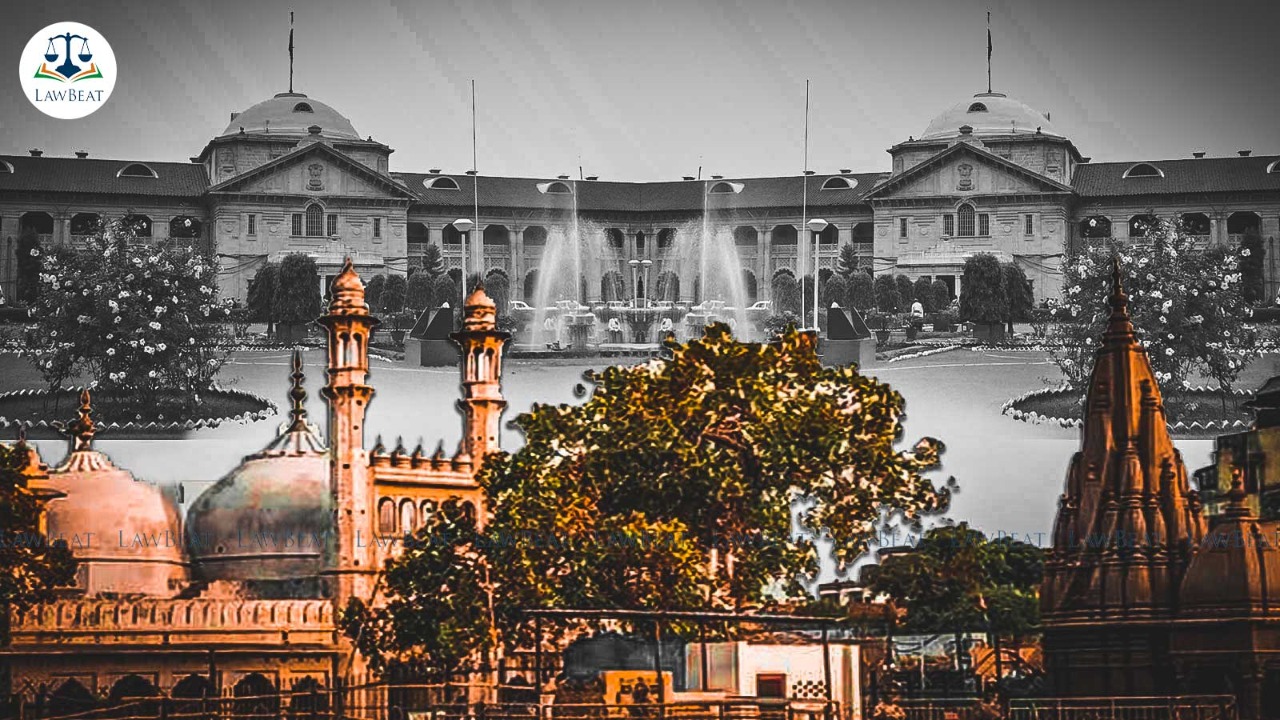Kashi Vishwanath temple-Gyanvapi dispute case(s)| Deity of Sri Kashi Vishwanath owns temple property, not the State: Argument before Allahabad High Court

Advocate Vijay Shankar Rastogi, the court-appointed next-friend of Lord Vishweshwar, today submitted before the Allahabad High Court that rights of the ownership of Temple of Adi Vishweshwar, popularly known as Sri Kashi Vishwanath Temple and its endowment are vested in the Diety of Sri Kashi Vishwanath.
Before the bench of Justice Prakash Padia, Adv. Rastogi placed Section 5 of the Act the Uttar Pradesh Sri Kashi Vishwanath Temple Act, 1983 passed by the U.P. Legislative Assembly which came into force on January 28, 1983.
Rastogi said that as per the provision of Section 5, the State only takes care of the management of the Temple and the owner of the temple property is only the Deity of Sri Kashi Vishwanath.
Rastogi clarified as to what would constitute the Temple and its endowments. He referred to the definition of the Temple defined under Section 4(9) of the Act which states:
{9) "Temple" means the Temple of Adi Vishweshwar, popularly known as Sri Kashi Vishwanath Temple, situated in the City of Varanasi which is used as a place of public religious worship, and dedicated to or for the benefit of or used as of right by the Hindus, as a place of public religious worship of the Jyotirlinga and includes all subordinate temples, shrines, sub-shrines and the ashthan of all other images and deities, mandaps, wells, tanks and other necessary structures and land appurtenant thereto and additions which may be made thereto after the appointed date"
Rastogi argued that the property, over which the mosque has been constructed, belong to the self-manifested Lord Adi Vishweshwar since time immemorial.
He also stressed that the diety of the temple is Swayambhu (self-manifested) and is also Jyotirlinga which has long religious history which has also been mentioned in Puranas.
To further press his argument, Rastogi submitted that the validity of Act of 1983 had been challenged up to the Top Court which in the case Sri Adi Visheshwara of Kashi Vishwanath Temple Varanasi & others Vs. State of U.P. and others reported in 1997 4 SCC 606 affirmed the validity of this Act.
Rastogi highlighted the paragraph of the Top Court’s judgment in which it is mentioned that the idol of Lard Shiva at Varanasi on the bank holy river Ganges is one of the five Jyotirlingas in India believed to be self-incarnated (Swayam Bhuva).
Taking note of Rastogi’s arguments, Court posted the matter for further hearing on July 6, at 10 am, and again stressed that hearing of this case will continue on day-to-day basis till the arguments are not concluded.
Background of the matter
Before the Varanasi local court, the Ancient Idol of Swayambhu Lord Vishweshwar and 5 others had filed a suit in 1991 seeking removal of the Gyanvapi Mosque and restoration of the land to Hindus. The proceedings in this suit before the local court have already been stayed by the high court.
The Anjuman Intezamiya Masajid Varanasi knocked on doors of the high court against the proceeding before the lower court in which an ASI survey had been ordered. The High Court has stayed the ASI survey.
A total of five matters involving the same issue have been clubbed by the high court and are being heard together.
However, a Court-appointed commission has already conducted the survey of the Gyanvapi complex and today the Supreme Court ordered the
Case Title: Anjuman Intezamiya Masajid Varanasi v. Ancient Idol Of Swayambhu Lord Vishweshwar And 5 Others and connected matters
